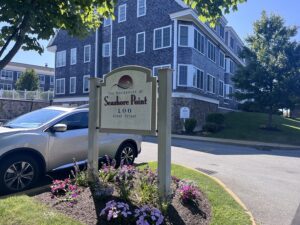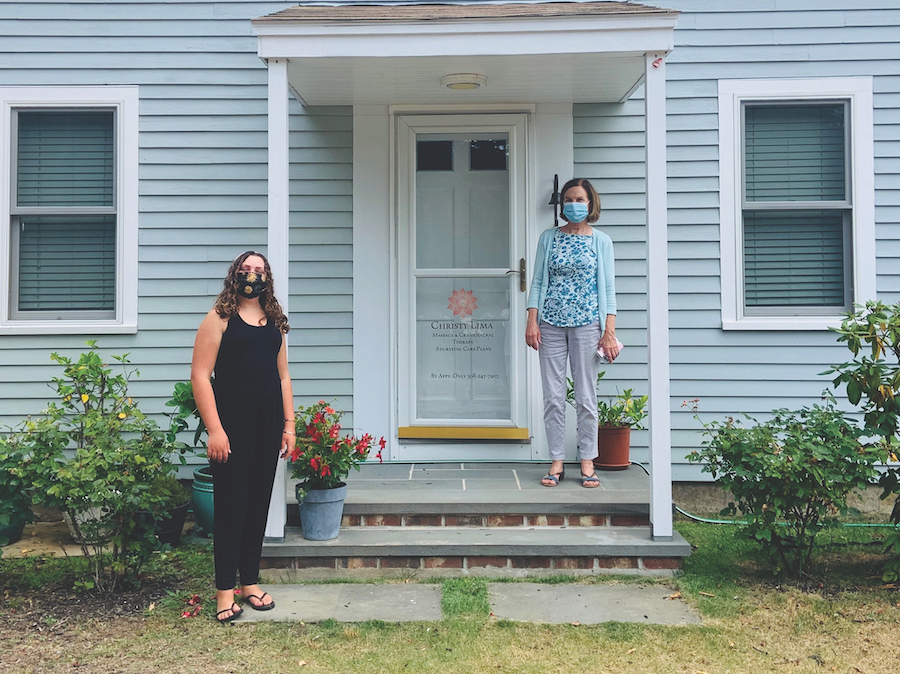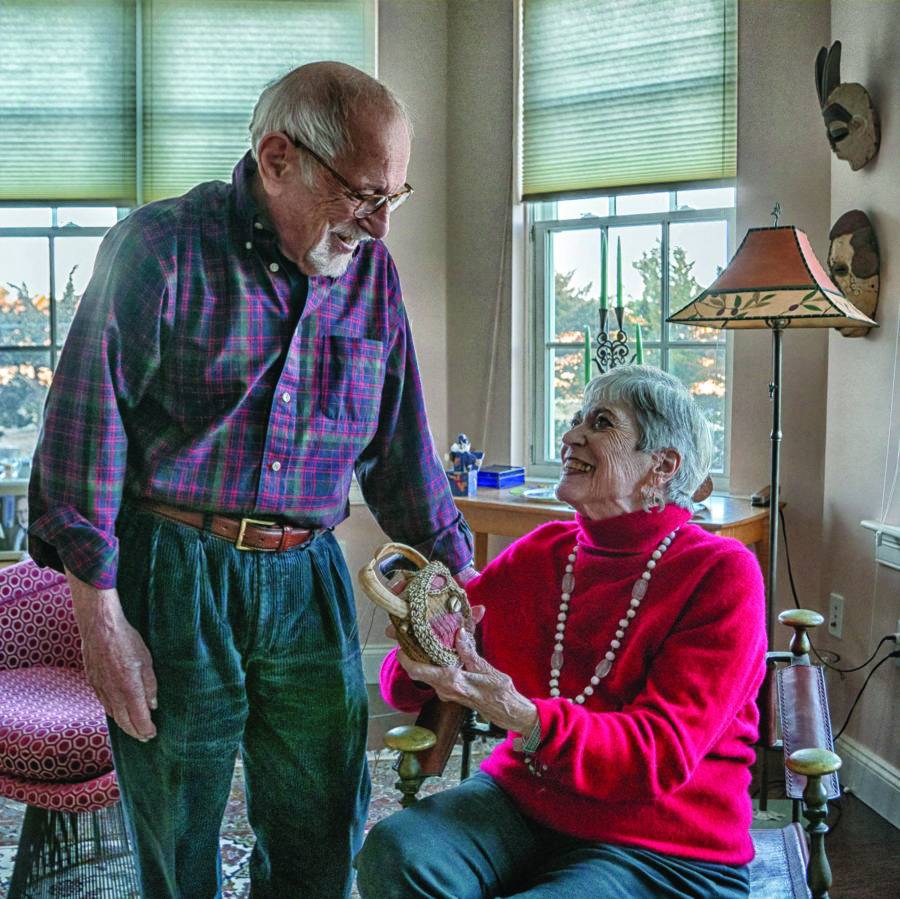PROVINCETOWN — Massachusetts politicians at both the state and federal level have made recent moves toward tightening regulation of the long-term care industry, especially as private-equity firms continue to buy up nursing homes across the country.
On Beacon Hill last week, the House and Senate failed to pass a major long-term care bill, however, allowing it to become one of nine bills that had advanced to a conference committee but were then abandoned as the formal legislative session ended in acrimony.
State Sen. Julian Cyr and the two chairs of the legislature’s Joint Committee on Elder Affairs — Sen. Patricia Jehlen of the Second Middlesex District and Rep. Thomas Stanley of the Ninth Middlesex District — all told the Independent that the long-term care bill might still pass during informal sessions, when bills require unanimous consent from all legislators who are present.
“I believe we will pass a long-term care bill,” said Stanley. “We have to. It’s just one tragedy after another.”
As the Independent recently reported, the nursing home at Seashore Point in Provincetown has consistently failed to meet state nursing hour minimums since Pointe Group Care, a for-profit company, bought the facility in 2019. Multiple experts’ analyses of the nursing home’s financials suggest that the owners have directed revenue through a maze of related companies while reporting an overall loss on the operation, according to their Medicare and Medicaid cost reports.
Former patients and staff at Seashore Point have described to the Independent the harmful consequences of inadequate care.
The House’s version of the long-term care bill would have given the state Dept. of Public Health (DPH) significant new powers — including the ability to suspend or revoke a nursing home’s license and to impose a third-party temporary manager to right the ship of a failing facility. It also would have doubled the penalties for violations, according to a summary prepared by Paul Lanzikos, co-founder of the advocacy group Dignity Alliance Massachusetts.
Sen. Jehlen said that the Senate’s version of the bill authorized a tenfold increase in the financial penalties that the attorney general’s office and DPH could impose for violations.
The House passed its bill in November; it was referred to the Senate Ways & Means Committee, where it languished until July.
For advocates of long-term care legislation, the result was frustrating but not unexpected.
“We’d like to see the legislative route be a more effective, fruitful avenue but unfortunately, in Massachusetts, the outcome of the legislative efforts is minimal,” said Lanzikos.
In addition to lobbying the legislature, Dignity Alliance Massachusetts tries to pressure regulatory agencies to use their existing powers more aggressively — including more vigorous reviews of nursing home financial transactions and imposing “admission freezes” on facilities that fail to meet staffing minimums.
Lanzikos said that DPH is not adequately funded for such work, however.
“This sector has been neglected for decades,” he said. “The staffing for the frontline personnel in DPH who do the inspections needs to be beefed up.”
“It’s like throwing cement against the wall — some of it eventually will stick,” said Jim Lomastro, chair of Dignity Alliance Massachusetts’s veterans group, of their efforts to lobby for reforms.
The AG Takes Steps
While the legislature has so far failed to act, Mass. Attorney General Andrea Joy Campbell has taken steps toward reining in mismanagement of the state’s nursing homes. An Elder Justice Unit was created in the attorney general’s office last year, and in June Campbell announced a $4 million settlement with Next Step Healthcare for significant staffing and care failures, the largest nursing home settlement ever achieved by the attorney general’s office.
Next Step Healthcare has 16 nursing homes in Massachusetts and averages a score of 1.9 out of five “stars” in the government’s rating system. That is higher than the 1.6-star average rating of the 14 homes run by AdviniaCare — the company that operates Seashore Point.
AdviniaCare’s homes also averaged a higher nursing staff turnover rate, had the same average number of nurse hours per resident per day as Next Step Healthcare, and have been fined the same number of times as Next Step Healthcare, according to Centers for Medicare and Medicaid Services nursing home “affiliated entity” performance measures. Four AdviniaCare facilities are marked with “abuse flags,” while no Next Step Healthcare facilities are.
A representative from Campbell’s office confirmed that it had received complaints about AdviniaCare — but would not comment on whether an investigation was underway.
In July, the attorney general announced that the state would take control of three nursing homes owned by Blupoint Healthcare in South Hadley, Whitinsville, and Amesbury because the company stopped paying its staff, according to Commonwealth Magazine.
Lanzikos said that Blupoint was an example of what happens when the DPH fails to do due diligence before nursing home ownership transfers.
Chronic Staffing Issues
The state DPH and MassHealth have also been monitoring staffing levels at Seashore Point.
A representative from the Executive Office of Health and Human Services, which includes DPH and MassHealth, told the Independent in an email that the Seashore Point nursing home has failed to meet nursing hour minimums in five of the last 12 quarters, and that “recoupment payments” imposed by MassHealth total $45,990.
The representative would not confirm how much of that amount has been paid. AdviniaCare’s communications team did not respond to questions about whether the $45,990 has been paid back to the state.
Instead, a lawyer representing the owners of Seashore Point wrote that the facility “is in compliance with federal and state regulations and is unaware of any investigations into the facility.”
Stricter regulation of nursing homes is only part of the solution, according to Lanzikos. “We want to make sure that the people who are living there are treated with respect, and that services are good quality,” he said, “but we’d like to see many of them living outside a nursing home and back in the community.”
In April, Gov. Maura Healey settled a class-action suit against the state by six nursing home residents; the settlement included a plan to move no fewer than 2,400 people out of nursing homes and back into the community, according to the Massachusetts Senior Care Association.
In Congress
Both of the state’s U.S. senators have introduced bills in Congress that target the ownership of nursing homes by private equity.
Sen. Ed Markey’s “Health Over Wealth Act,” introduced on July 25, would require greater transparency from private equity-owned health care entities and prohibit private equity from stripping assets from their health care businesses.
A month earlier, Markey and Sen. Elizabeth Warren introduced the “Corporate Crimes Against Health Care Act,” which creates a penalty of up to six years in jail for executives who financially “loot” nursing homes or hospitals if that looting results in a patient’s death, along with other measures meant to target private-equity executives.





